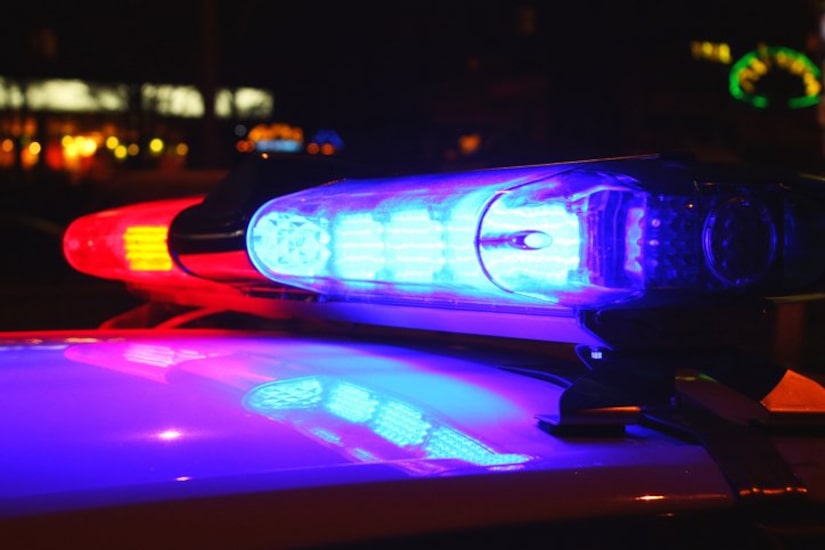WINSTON-SALEM, N.C. (TCN) — An autopsy report concluded a 12-year-old boy who had been sent to a “troubled teen” wilderness camp and was found dead one day later died by homicide.
According to the Transylvania County Sheriff’s Office, on Feb. 2, two men transported the boy from New York to Trails Carolina Camp, a “therapeutic camp,” in Lake Toxaway, North Carolina. Upon his arrival, he was assigned to a cabin with other teens and four adult staff members.
The next morning, someone from Trails Carolina called 911 to report a 12-year-old boy was not breathing. The sheriff’s office said Trails Carolina staff informed them they attempted CPR on the victim. Paramedics initiated CPR and other lifesaving measures but stopped because “the child appeared to be deceased for some time.” Deputies contacted investigators to come to the scene to collect evidence.
The forensic pathologist who conducted the initial autopsy on Feb. 6 said the boy’s death “appeared to not be natural,” though the cause and manner of death were still pending. Investigators obtained warrants to search two different camp properties, including the area where staff members sent the other kids following the boy’s death. The Transylvania County Sheriff’s Office said Trails Carolina “has not completely cooperated with the investigation.”
Trails Carolina was shut down Feb. 16, with all teens removed from the area and admissions suspended. The sheriff’s office said the choice to close it down was an “action needed to be taken to ensure the health and safety of the children.”
An autopsy report released by Wake Forest Baptist Medical Center describes how the boy was found deceased less than 24 hours after arriving. The victim reportedly had anxiety, ADHD, migraines, and other behavioral issues, which resulted in him being sent to Trails Carolina.
Per camp protocol, the victim slept in a bivvy, a “small camping enclosure,” with a sleeping bag and mat. The bivvy was placed on top of a plastic sheet “which was folded up the sides in the form of a canoe.” If he tried to get out of the bivvy, an attached alarm would go off. The report says the internal mesh door was ripped, so the weather-resistant outer shell was used to close the bivvy and lock it with the alarm.
According to the autopsy report, the boy fell asleep “without incident,” but at 11 p.m., he “was noted to be moving around and making noise in the bivvy.” Staff members moved him outside, where he fell back asleep. He reportedly had to get back in the bivvy, which staff members locked with the alarm. A counselor allegedly noted motion about an hour after he got in, but then he did not make any additional movements.
Since the mesh layer was torn and the bivvy was closed using the outer layer, staffers could not see him when they conducted their regular checks. Counselors tried to wake him up in the morning, but when he did not respond, they opened the bivvy and found him “with his head at the enclosed end of the bivvy and his feet near the opening.”
Rigor mortis had set in by the time Trails Carolina members found him.
The report says there is a “common warning on commercially available bivvy products indicates that the outer, weather-resistant opening should not be fully secured as it may lead to condensation and breathing restriction.”
The pathologist determined the boy died from asphyxia due to smothering because his mouth and nose were covered by non-breathable materials. The report said it was not clear if hyperthermia could have played a role because he was “partially undressed and the way the sleeping area was constructed could have resulted in increased environmental temperature.”
According to the report, the victim “was placed into this compromised sleeping area by other(s) and did not have the ability to reasonably remove himself from the situation with the alarm securing the opening.”
The Associated Press reports Trails Carolina said in a statement following the boy’s death that “everything points to an accidental death,” and they “grieve with the family of the student who tragically passed and have promised to do everything we can to determine what happened.”
